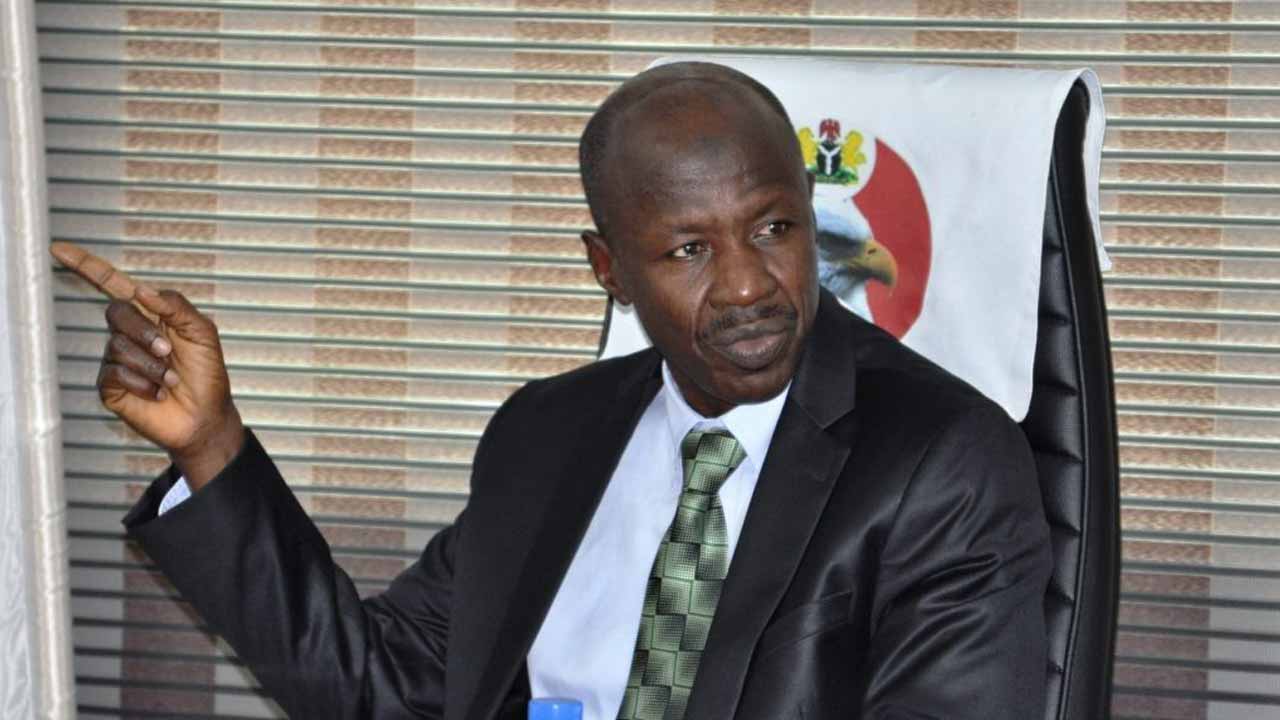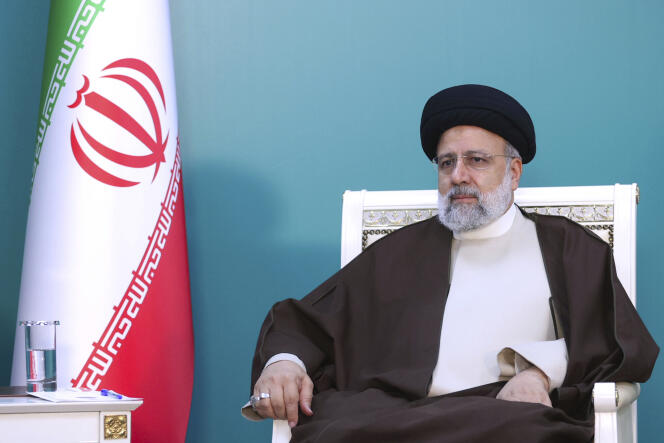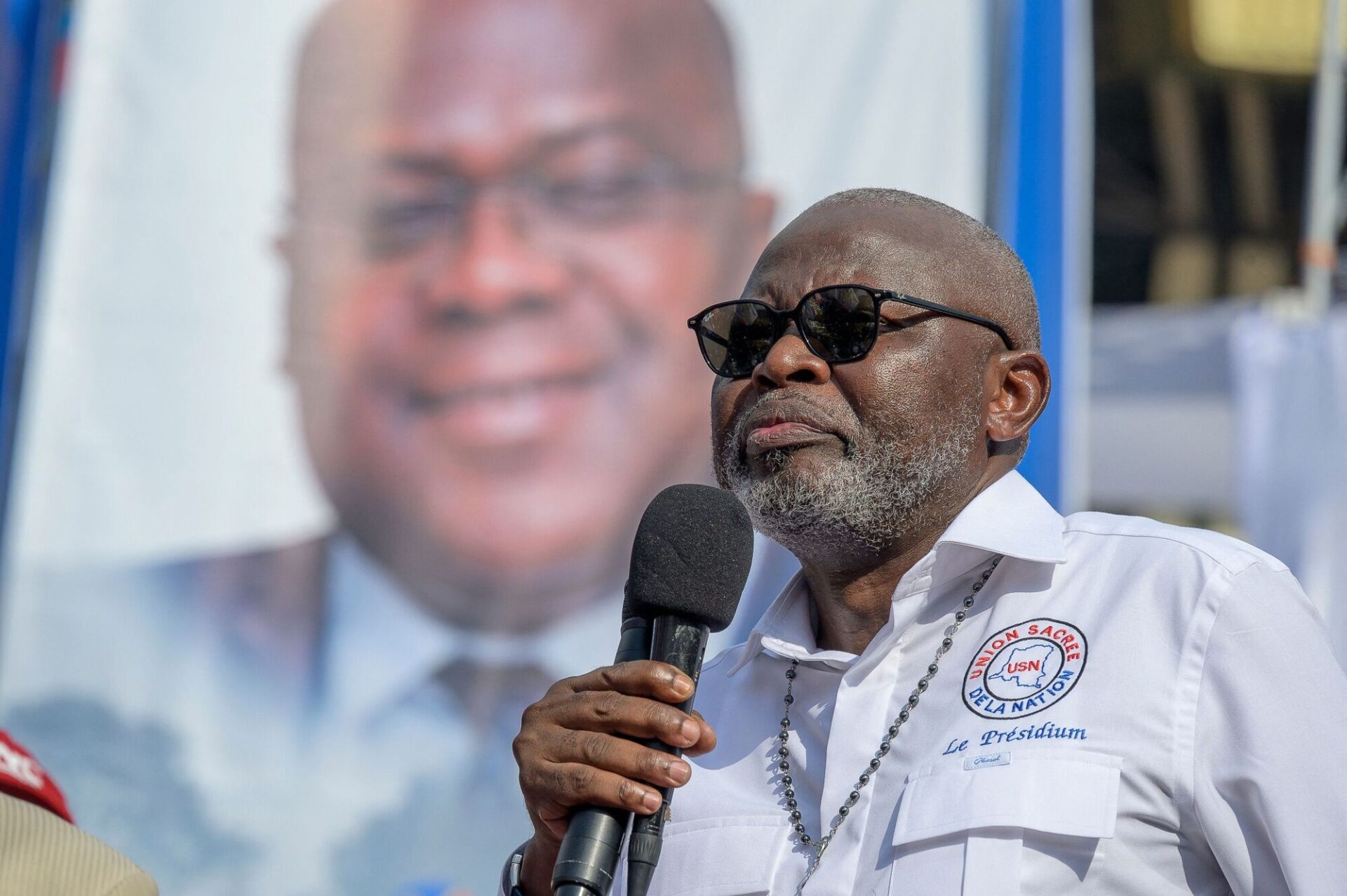- Money Laundering: Go After CBN, NNPC, Senate Panel Tells EFCC
The Senate, on Monday, asked the Economic and Financial Crimes Commission to investigate officials of the Central Bank of Nigeria and the Nigerian National Petroleum Corporation over alleged racketeering in foreign exchange transactions.
The lawmakers also urged the EFCC to identify owners of mansions in highbrow areas of Abuja, alleging that several senior officials in Ministries, Departments and Agencies of government had become billionaires through corrupt enrichment.
Members of the Senate Committee on Anti-Corruption and Financial Crimes made the call when the Acting Chairman, EFCC, Mr. Ibrahim Magu, led the commission’s leadership before the lawmakers for 2017 budget defence.
The lawmakers, while criticising the EFCC for usually going after former public officials, said the anti-graft agency should focus on financial crimes prevention.
A member of the committee, Senator Isa Misau, said since the EFCC was now encouraging whistle-blowers, he wished to blow the whistle on the CBN and the NNPC.
He cited the recent recovery $9,772,000 and £74,000 from Mr. Yakubu Andrew, who was the Group Managing Director of the NNPC between 2012 and 2014.
Operatives of the commission had, on February 3, 2017, raided a building in Sabon Tasha, Kaduna, belonging to the former NNPC boss, and recovered the staggering cash stashed away in a huge fireproof safe.
Misau stated, “I can’t imagine the over $9m recovered from a former GMD (of NNPC). If somebody who left (public) office has such money stashed somewhere, then, you can just make a guess about the other people who have been on the seat.
“Therefore, today, I am giving it as a challenge to the EFCC to go and see what the NNPC or CBN or the finance ministry is doing.
“Look at (the case of) somebody, who left office about five years ago. This is an era of whistle-blowing. I am blowing my whistle: go and check CBN. That is the reason why, today, we have (this) recession. Today, dollar, at the parallel market, is N520. And there are allegations against the CBN; the way they give these dollars.
“This committee is challenging the EFCC to go and look at these records: what is our revenue in dollars? Who are the people collecting these dollars?”
The lawmaker added that Nigerians were no longer using forex for international transactions, stressing that rather than use the dollar for importation, people now took advantage of the forex crisis in the country.
He said, “People now buy these dollars and keep them in their houses. The amount of dollars in Nigeria in cash is more than the amount of dollars in the whole of the USA. If you (EFCC) tell us, we can cooperate with you and tell you (about) the people hiding these monies.
“Go and see unoccupied buildings in Asokoro, Maitama and Wuse 2 (all in Abuja). For over five years, nobody will be there (in the buildings). And EFCC is not looking at these houses. A lot of transactions are taking place with ill-gotten money to the tune of N2bn or N3bn, and somebody will bring the money in cash to buy a house.
“Without digging into these landed properties and knowing their owners, you may end up being only after somebody who just left office, and arresting and detaining them for one week, and they will get bailed. And the business continues.”
Misau lamented that the anti-graft war was being threatened by the aspect of the law which enabled suspected looters to enjoy their freedom while under EFCC probe.
He said if he could steal N10bn from public funds and all he had to suffer was being in EFCC custody for a few days, “I will do it.”
According to him, a lot of looters are encouraged by such provision in the law.
Misau added, “We want a situation whereby you will get the cooperation of judges. I see no reason why somebody will take (steal) billions and after two days with the EFCC, they will be granted bail.
“If we need another law that once it has to do with government money, we can keep such person with EFCC for one year; if there are certain laws you want, where you can detain somebody for one year, we are ready.
“Go and check the houses in Maitama, Wuse 2 and Asokoro. How did they (the owners) get the money? Check the directors, who are still serving; they are all billionaires. I can mention more than 30 directors; they are still serving and they are billionaires.
“These are the kinds of things that make up institutional corruption that we have to check. Go and see the procurement officers and permanent secretaries; they give contracts to themselves and inflate contracts.
“If we have to wait for somebody to blow whistle, it will be business as usual and nobody is afraid of it now. I am blowing this whistle about CBN so that any recovery from the CBN, I am the one who blew the whistle; and any recovery from the NNPC, I blew the whistle.”
The Chairman of the committee, Senator Chukwuka Utazi, stated that going by the mandate of the EFCC, 60 per cent of its task should be on preventive measures, while 40 per cent should be for all other issues combined.
He, however, noted that the commission did not focus on preventive measures in its budget defence.
Utazi said, “Looking at your core mandate, the essence is to curb corruption to a large extent but in the budget you have provided, I have not seen the issue raised in the prayers here. There is no prayer that is talking about enlightenment, which is the money thing you are expected to do.
“All we hear from the press is negative publicity; chasing people who have been caught; that is what we hear all the time. We want to change the narration to ‘what are we doing to ensure that instead of chasing after people, who are giving us a headache, why can’t we stop other people from joining the gang?’ There is nothing like that here in this budget.”




 Naira4 weeks ago
Naira4 weeks ago


 Naira4 weeks ago
Naira4 weeks ago


 Travel4 weeks ago
Travel4 weeks ago
 Naira3 weeks ago
Naira3 weeks ago


 Jobs4 weeks ago
Jobs4 weeks ago
 Naira4 weeks ago
Naira4 weeks ago
 Investment4 weeks ago
Investment4 weeks ago
 Travel4 weeks ago
Travel4 weeks ago
















